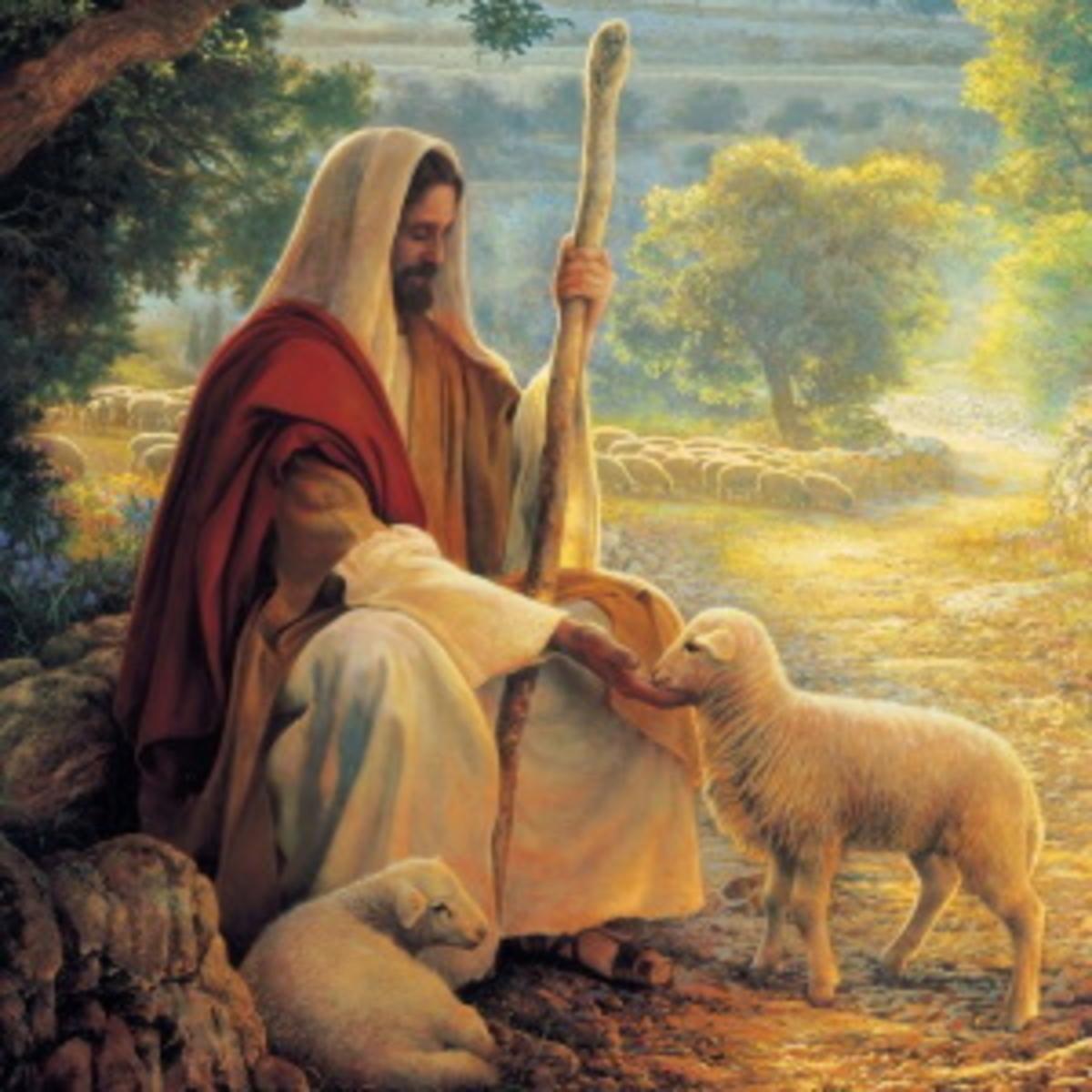As the membership of The Church of Jesus Christ of Latter-day Saints increased, one of the key priesthood offices to be restored was that of bishops. Edward Partridge was called on February 4, 1831 (Doctrine and Covenants 41: Heading), and Newel K. Whitney was called on December 4, 1831 (Doctrine and Covenants 72: Heading); both before the Church was two years old. At the conference where Newel K. Whitney’s calling was announced, the Lord emphasized its importance, “It is expedient in me for a bishop to be appointed unto you” (Doctrine and Covenants 72:2).
It was and continues to be imperative to call bishops because they are empowered through their priesthood ordination and righteous living to receive revelation from the Holy Ghost for their members. As individuals and families “render an account of their stewardship unto the bishop” (Doctrine and Covenants 72:5), they can receive guidance and assistance for all kinds of concerns, problems, and trials. Bishops will encourage members to increase their understanding of gospel principles, help them take steps to repent, and suggest ways for them to strengthen their abilities to resist temptation.

In order to better understand and appreciate our bishops, one of the “Ideas for Family Scripture Study and Home Evening” in the June 28-July 4, 2021 Come, Follow Me lesson invites us to reflect on these questions: “How have bishops blessed our family? What has our bishop asked us to do, and how can we sustain him? Perhaps your family could make a card thanking your bishop for his service.”
Blessed by a Bishop’s Counsel and Direction
At one stage in my life, I no longer felt worthy to attend the temple. Instead of simply avoiding my problems, I made an appointment with my bishop and offered to return my temple recommend to him. Initially, he carefully listened to me describe my problematic behaviors and concerns. Then, through his discernment as “a common judge … in a stake of Zion” (Doctrine and Covenants 107:74), the bishop handed my temple recommend back to me and encouraged me to attend the temple more often. In fact, he even invited me to carpool with him during the monthly ward temple trip.

Additionally, he encouraged me to write my own name on the temple prayer roll. Adding my own name to the prayer roll was something I had never thought of doing, and I firmly believe that the prayers offered at the temple helped me resist temptation and strengthened my testimony. By following through on what my bishop told me to do, I learned a lesson taught by Elder Quentin L. Cook of the Quorum of the Twelve Apostles: “Working with their bishop, most members can achieve all righteous requirements in a relatively short period of time if they have a determination to qualify and fully repent of transgressions. This includes being willing to forgive ourselves and not focus on our imperfections or sins as disqualifying us from ever entering a sacred temple” (“See Yourself in the Temple,” Ensign, May 2016).
I am forever grateful for the counsel and support that I received during that time of my life from my bishop.

Sustaining Our Bishops
Specific duties of bishops have changed over the years and are continuing to change. At the October 2019 general conference, President Russell M. Nelson announced: “In each ward, the Lord’s youth battalion is led by a bishop, a dedicated servant of God. His first and foremost responsibility is to care for the young men and young women of his ward. (“Witnesses, Aaronic Priesthood Quorums, and Young Women Classes,” Ensign, Nov. 2019).

Elder Quentin L. Cook went on to explain that the purpose of this organizational change is: “to make youth a more significant focus of our bishops and other leaders. This focus must be spiritually powerful and help our youth become the youth battalion President Nelson has asked them to become” (“Adjustments to Strengthen Youth,” Ensign, Nov. 2019).
These recent changes invite Melchizedek Priesthood and Relief Society leaders and their members to take greater roles in reaching out and ministering to the needs of their respective groups. By understanding and supporting the bishops’ foremost responsibilities for the youth, we will be prompted to find loving ways to help every man, woman, youth, and child develop greater faith in Jesus Christ.
Gratitude for Bishops
I am grateful for every bishop who has watched over my life. Bishops made sure that I received an infant blessing, was baptized, ordained to the Aaronic Priesthood, called to serve a mission, ordained in the Melchizedek Priesthood, received my temple endowments, and could make a marriage covenant with my wife for “time and all eternity” (Doctrine and Covenants 132:18). Bishops assisted my wife and me in having gospel principles and priesthood ordinances bless the lives of our children. In our senior years, bishops have made sure that that we are cared for both spiritually and physically.

Since the cancellation of sacrament meetings during the pandemic restrictions of 2020-2021, Bishop Troy Anderson has emailed members weekly, phoned us individually, dropped off Church materials to our home, and made sure to care for our needs. We have been strengthened during these trying times by his loving watchfulness and assistance, and we #GiveThanks for his dedicated service.
Christ—The Bishop of Our Souls

It is a great blessing to live in a dispensation when bishops have watched over the welfare of members of the restored Church of Jesus Christ. During His mortal ministry, Jesus personally organized His Church to include bishops, “for the perfecting of the saints, for the work of the ministry … Till we all come in the unity of the faith, and of the knowledge of the Son of God” (Ephesians 4:12-13).
The divine purpose of bishops is to help us return “unto the Shepherd and Bishop of [our] souls” (1 Peter 2:25). Jesus Christ is our eternal Bishop in heaven.
